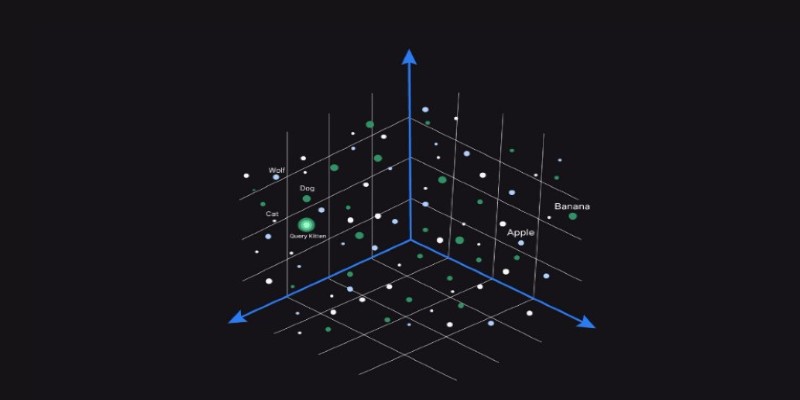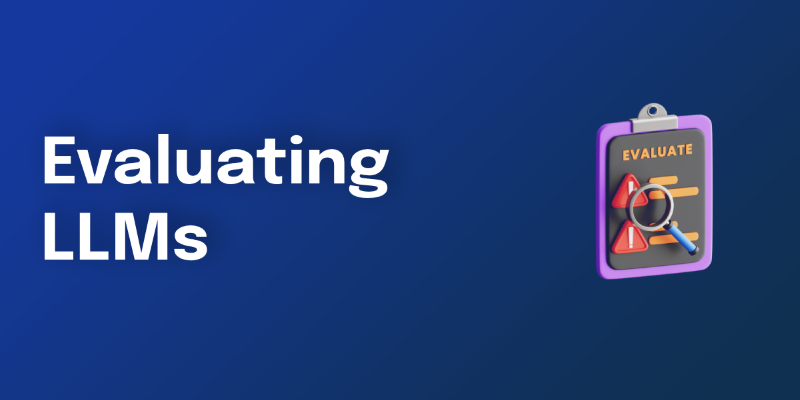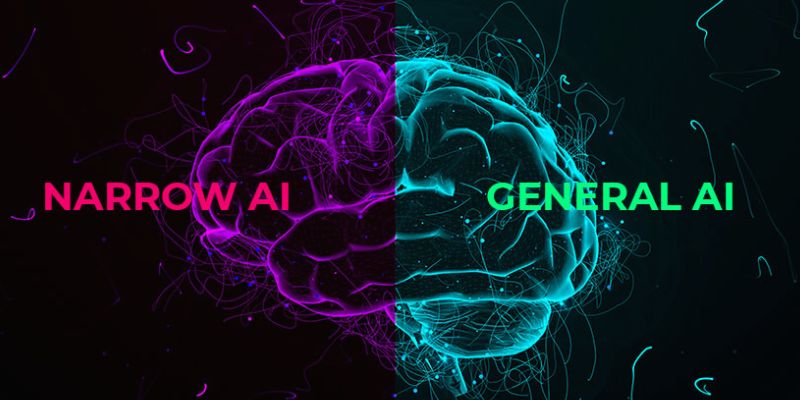Advertisement
ChatGPT can be a helpful tool, no doubt. However, when students begin using it as a shortcut rather than a supplement, it stops being helpful and starts creating problems. Whether you're in high school or finishing a university degree, there are ways ChatGPT can quietly interfere with learning, even if it seems like you're getting more done. So, instead of pointing out the best ways to use it, let's talk about the ways you shouldn't.
The easiest trap is letting ChatGPT do your mental work. Say you have a history essay due, and you ask ChatGPT to write it for you. Sure, you’ll get a fast result, and it might even sound polished. But you miss out on the research process, organizing your thoughts, and finding your own voice.

This isn’t about morality or “cheating.” It’s about the long-term. If your assignments always come from an outside source, you won’t grow any better at writing or thinking critically. When exam season rolls around and you’re on your own, it shows.
Running out of time is a common issue for students. So when there’s an unfinished paper due in a few hours, the temptation is to ask ChatGPT to pull it together. And it can. But rushed assignments patched together at the last minute usually come with errors, unclear logic, or points that don’t line up with your syllabus.
Your professors can usually tell when something feels off. Even if they don’t, you lose a chance to figure out where you got stuck in the first place. A better approach would be to ask ChatGPT specific questions when you're stuck, rather than hoping it can save the whole thing.
If you're writing a research paper, don’t use ChatGPT to generate references. It doesn’t have access to live sources or academic databases, so it often invents citations that sound real but aren’t. That includes fake journal names, made-up authors, and incorrect page numbers.
This can damage your credibility. If your professor spots even one false citation, the rest of your work comes under suspicion. If you need help formatting citations or understanding how to structure a bibliography, that's a safe way to use it. But the actual sources should come from your own research.
Sometimes you just don’t understand a topic. It’s normal. But using ChatGPT to fake your way through a subject you never grasped doesn’t make it better. Maybe it’s a complicated math problem or a confusing philosophical theory. If you’re handing in answers without knowing what they mean, the problem builds up.
It's better to ask ChatGPT to explain things in a simpler way or to show a breakdown of how a solution works. That way, you're still doing the work and building your understanding, not skipping it.
Even when ChatGPT gives good output, it usually needs refining. Directly copying its text into your assignment without editing can lead to odd phrasing, repeated points, or generic content that doesn’t match your style. Teachers are pretty good at spotting writing that suddenly sounds different from what you usually submit.
Using it as a first draft is fine. But read through it. Make it yours. Use your own words, and cut the parts that don’t fit. ChatGPT is not a substitute for your tone, your logic, or your knowledge.
ChatGPT can answer questions, but it doesn’t always know when you’re misunderstanding something. A good tutor can read your facial expressions, ask follow-up questions, and tailor things to your pace. ChatGPT doesn’t do that.
You might think you've understood something just because it was explained clearly, but you might still be missing the bigger picture. That's why it's better to use it to support your learning, not to replace interaction with actual teachers, classmates, or mentors.
It’s tempting to ask ChatGPT to summarize long readings or explain book chapters. Sometimes, it can help you grasp the key points. But depending on it for every reading means you miss the details, the author’s voice, and the chance to develop your own interpretation.
Reading isn’t just about gathering facts — it’s about understanding tone, bias, and structure. These are things AI doesn’t always catch well. Skimming is better than skipping, but don't offload the entire job.
If you’re in a technical course, like computer science or chemistry, using ChatGPT to do your lab reports or code assignments might feel like a time-saver. But the minute you hit an actual lab or sit for a coding test, you’re lost.

Letting it write code without understanding how it works only causes trouble later. You may even turn in code that doesn’t run or violates course rules. Use it to troubleshoot, sure. Ask for help if you're stuck. But don’t let it write the whole thing while you watch.
Say you wrote an essay or solved a math problem, and you feed it to ChatGPT just to check if it’s good. If ChatGPT responds with praise or says it looks fine, you might stop thinking critically. But AI can miss gaps in logic, incorrect facts, or weak arguments.
Its feedback should be one of several checkpoints, not the only one. If your teacher or your textbook says one thing and ChatGPT disagrees, always go with the source you trust. AI isn't always accurate.
ChatGPT can be useful, but relying on it too much can hurt your learning. If you let it do your thinking, writing, or researching, you miss the chance to grow your own skills. It's fine to use it to ask questions, get feedback, or explore ideas, but it shouldn't replace your effort. When used carelessly, it leads to mistakes, weak understanding, and academic trouble. The key is to stay involved in your own work. Treat ChatGPT as a support, not a substitute. Your education depends on what you learn, not what an AI can do for you. Keep that in mind.
Advertisement

Wondering how AI finds meaning in messy data? Learn how vector databases power similarity search, make tools smarter, and support real-time AI features

Learn how to build a GPT Tokenizer from scratch using Byte Pair Encoding. This guide covers each step, helping you understand how GPT processes language and prepares text for AI models

How to convert string to a list in Python using practical methods. Explore Python string to list methods that work for words, characters, numbers, and structured data

Think ChatGPT is always helping you study? Learn why overusing it can quietly damage your learning, writing, and credibility as a student.

How to enhance RAG performance with CRAG by improving docu-ment ranking and answer quality. This guide explains how the CRAG method works within the RAG pipeline to deliver smarter, more accurate AI responses using better AI retrieval techniques

Alluxio debuts a new orchestration layer designed to speed up data access and workflows for AI and ML workloads.

What if you could measure LLM accuracy without endless manual checks? Explore how LangChain automates evaluation to keep large language models in check

Discover machine learning model limitations driven by data demands. Explore data challenges and high-quality training data needs

How to translate your audio using Rask AI to create multilingual voiceovers and subtitles with ease. Discover how this AI tool helps globalize your content fast

Understand the differences between General AI and Narrow AI, concentrating on adaptability, tasks, and real-world applications

Discover the top 5 benefits of RingCentral's RingCX, the AI-powered CCaaS platform redefining cloud-based customer service.

Know how 5G and AI are revolutionizing industries, making smarter cities, and unlocking new possibilities for a connected future